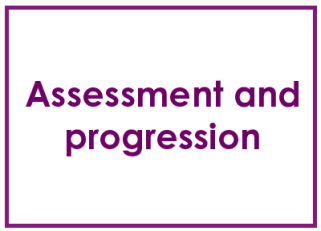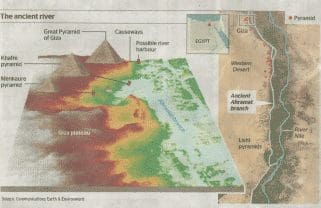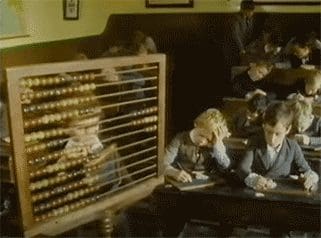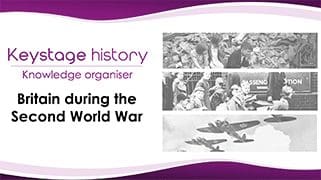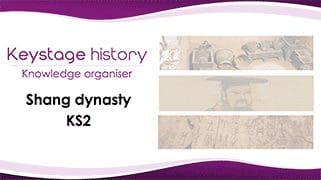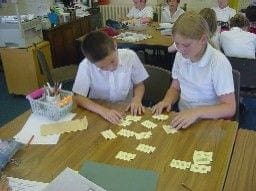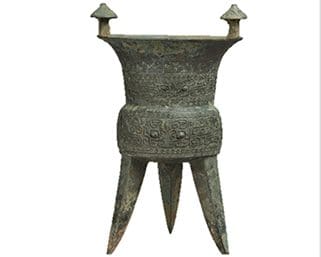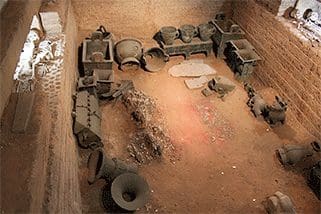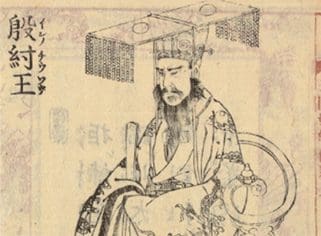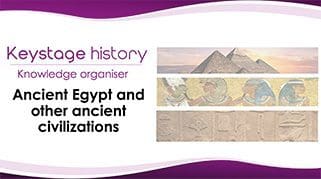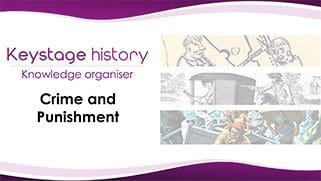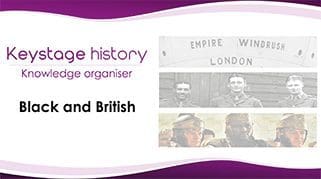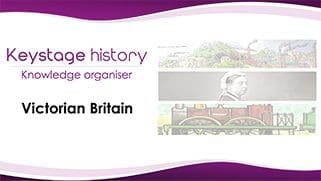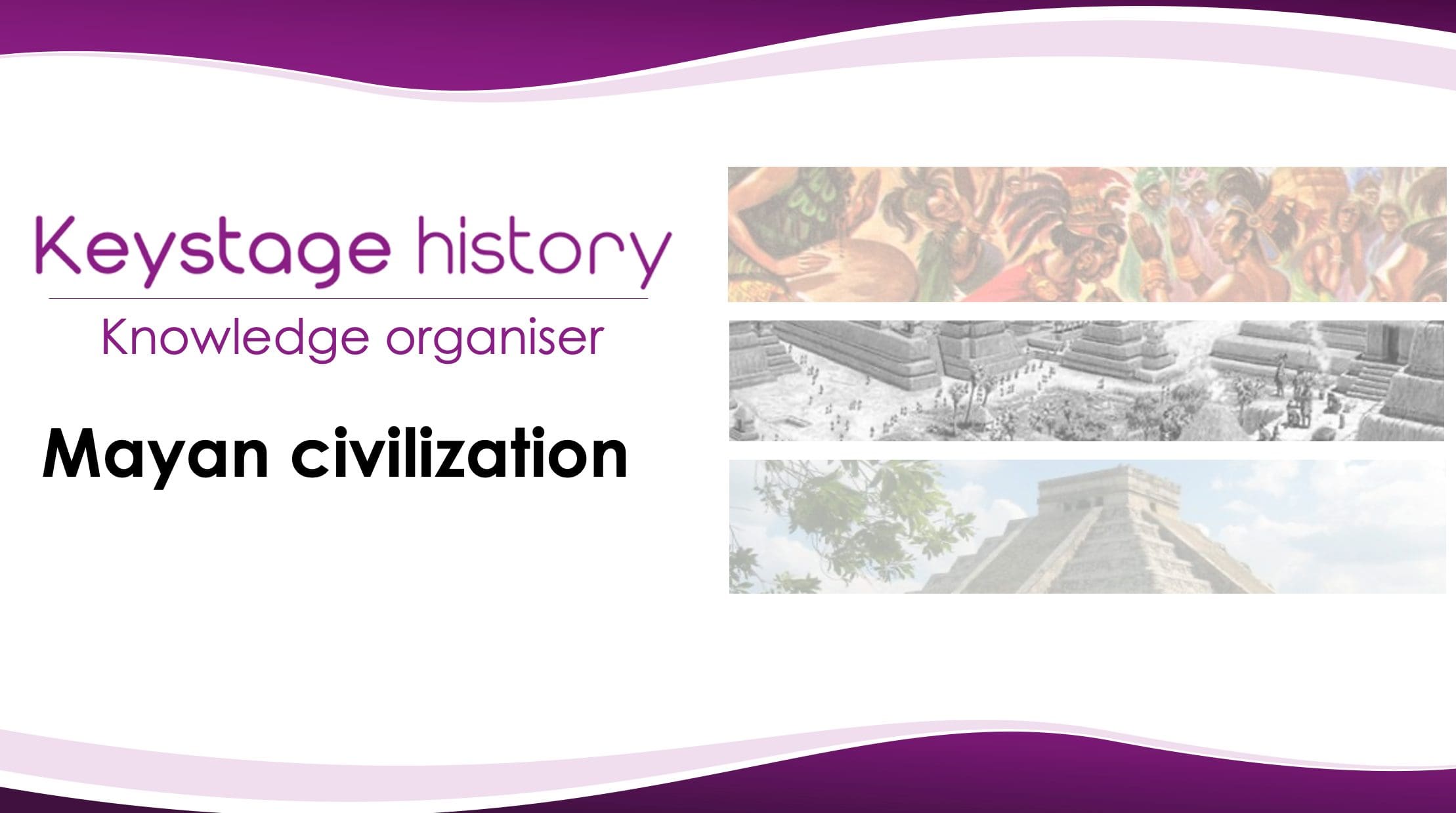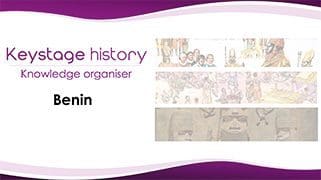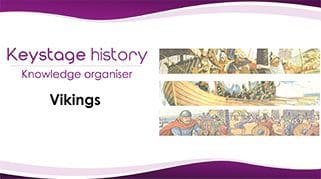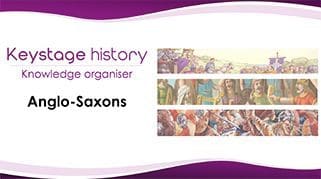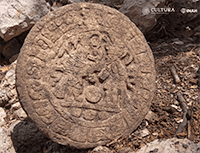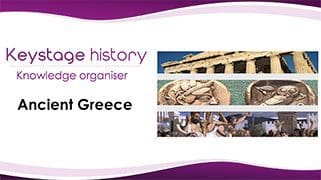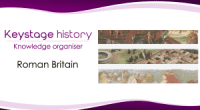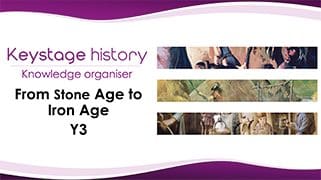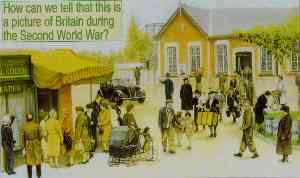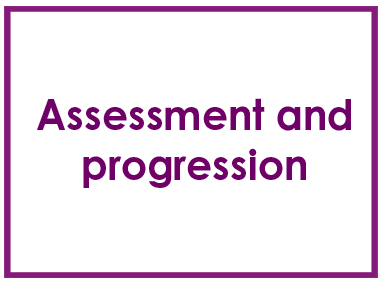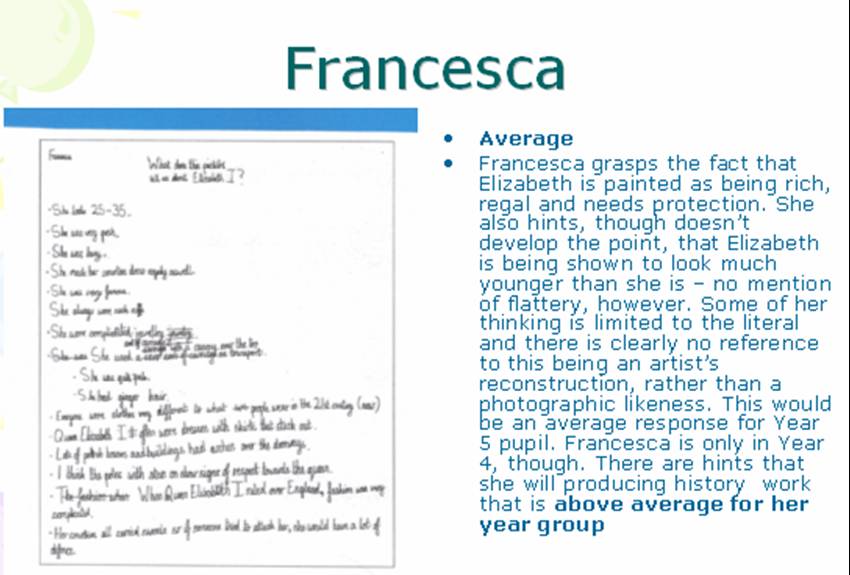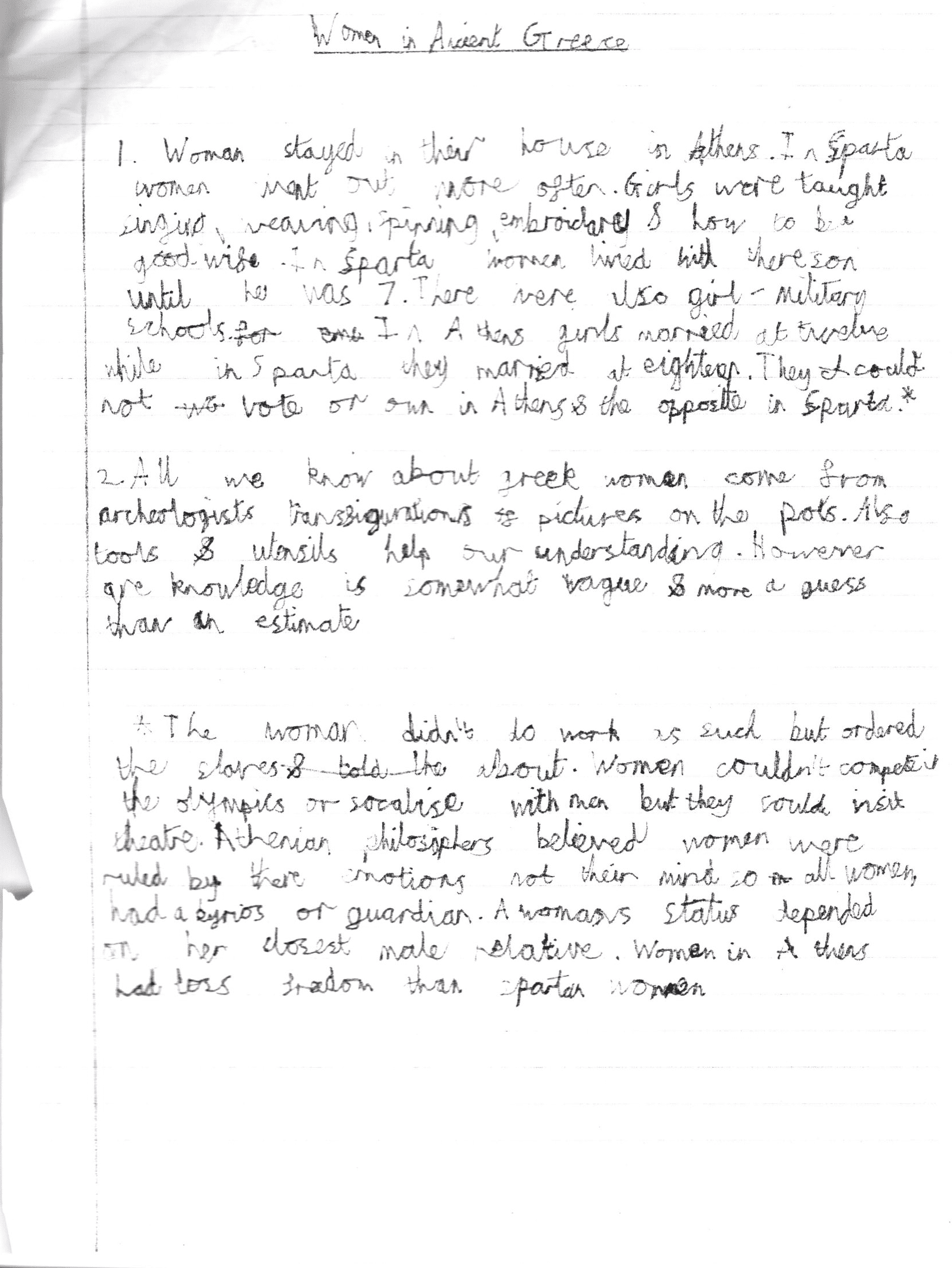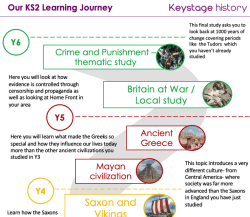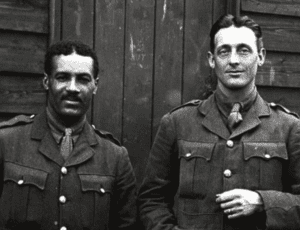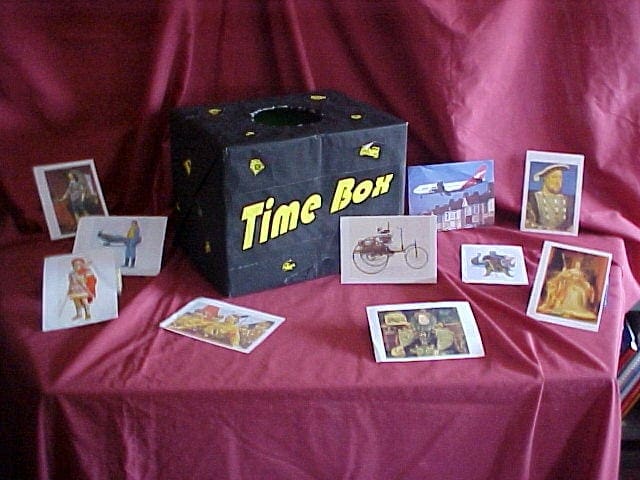Teaching history at Key stage 2 (KS2)
Assessment in history at Key Stage 2 – your questions answered
What are the statutory requirements to assess history at KS2? There are no statutory requirements for end of Key Stage…
Read MoreAncient Egypt – SMART task – Puzzle corner: Mystery of the pyramids in the desert
This thinking skills task has been designed to encourage pupils to work out plausible answers to the puzzling question, one…
Read MoreThe mystery of why the pyramids were built in the desert is finally solved
Many of you teaching Ancient Egypt in depth as part of a broader topic on ancient civilizations will , no…
Read MoreUsing Tudor artefacts
Idea 1: Writing an expert caption: e.g. wooden trencher Present an object such as a wooden trencher as a mystery…
Read MoreLeading history: a year in the life of a primary history leader
September Ensure that relevant records about attainment in history have been passed to next year’s teacher. Re-issue long term skills…
Read MoreTeaching Olympic games in 2024
Are you planning to teach about the Olympic games which are coming to Paris in July 2024? If so you…
Read MoreClosing the circle: making sure you have an exciting, ‘fit for purpose’ learning product in your KS1 and 2 history topics
I have often thought that we don’t always invest as much time in considering the final product of a unit’s…
Read MoreBritain during the Second World War knowledge organiser – KS2
In this topic you will learn why Britain went to war and was threatened with invasion by Hitler’s Germany during…
Read MoreShang dynasty knowledge organiser – KS2
You are studying the Shang dynasty because it was the first Chinese civilization in ancient times and one for which…
Read MoreHistory as problem solving
Pupils solve problems when they study mathematics. They solve problems in science lessons. So why not in history? Perhaps it’s…
Read MoreShang dynasty – KQ1 – Why do YOU think the Shang dynasty MIGHT be important?
Lively introductory session which creatively gets pupils to find things out for themselves and check their understanding using bells and…
Read MoreShang dynasty – KQ2 – How different was the Shang society to other civilizations at the time?
Using the expert/envoy technique to research and disseminate information from dossiers on a range of different aspects of Shang society,…
Read MoreShang dynasty – KQ3 – What can we tell about the Shang dynasty from the objects that have survived?
Here the focus is on developing enquiry-led learning which is as much about asking valid historical questions as it is…
Read MoreShang dynasty – KQ4 – Why has our understanding of the Shang dynasty changed so much in the last 100 years?
Opening up the tricky concept of interpretations of the past, this session enables pupils to grasp that history is always…
Read MoreShang dynasty – KQ5 – What was distinctive about the Shang people’s beliefs?
Having used a fast-paced Information Run activity to acquire the key points about Shang religion pupils are set the task…
Read MoreShang dynasty – KQ6 – If the Shang dynasty was so well organised why did come to an end after just 600 years and what makes it so special for people today?
Pupils compare 5 different simple textbook explanations, which they colour code, before building their own explanation, based on what seems…
Read MoreAncient Egypt and other ancient civilisations knowledge organiser – KS2
You are learning about ancient Egypt, because it is the best known and most popular of the early civilisations that…
Read MoreCrime and punishment knowledge organiser – KS2
You are studying this topic in history because it helps you to understand how things have changed,(and have stayed roughly…
Read MoreBlack and British knowledge organiser – KS2
You are studying this topic in the hope that you will discover how Black British is an important part of…
Read MoreVictorian Britain knowledge organiser – KS2
You are learning about Victorian Britain because this was a really significant period of huge change in industry and technology,…
Read MoreMayan civilisation knowledge organiser – KS2
The height of Maya civilization came at the time when the Saxons were fighting the Vikings in Britain, but it…
Read MoreBenin knowledge organiser – KS2
Benin was a very important civilization, not just within Africa but in world history too. An important part of what…
Read MoreTeaching interpretations – top 10 key messages
In a recent article in the Historical Association’s Primary History publication the ever-reliable Tim Lomas attempted to identify the top…
Read MoreVikings knowledge organiser – KS2
Probably one of the most captivating of KS2 history topics, the Vikings present wonderful opportunities to capitalise on pupils’ fascination…
Read MoreAnglo-Saxons knowledge organiser – KS2
During this period England emerged as a recognisable nation and Christianity became established. The recent coronation of Charles III is…
Read MoreKeeping up to-date with teaching of the Maya – Archaeologists uncover scoreboard for ancient Maya ball game
In the Archaeological Zone of Chichén Itzá, archaeologists from the National Institute of Anthropology and History (INAH) have discovered a…
Read MoreGolden threads or Gordian knot? How to weave first order historical concepts into the fabric of your history curriculum
Talking about ‘first-order’ historical concepts, by which I mean ideas such as empire and invasion, civilization, power and authority has…
Read MoreKeeping up-to-date with developments in primary history – February 2023
Every few years, the Primary wing of the Historical Association carry out a survey of primary schools to see what…
Read MoreAdapting Keystage history lessons – FAQs
1. Why are lessons still called ‘outstanding’? I am often asked how the lessons section of the site should be…
Read MoreAncient Greece knowledge organiser – KS2
In your study of Ancient Greece you will learn how a civilization that flourished over 2500 years ago still influences…
Read MoreGrasping the chronology nettle
Everyone knows that chronology is one of the key historical concepts pupils need to learn, and yet in very few…
Read MoreRunning timebox – First and foremost
Why Timebox teams? First and foremost, Timebox Teams should be fun. Behind the serious intent of improving pupils’ chronological knowledge…
Read MoreTimebox – KS2 Pack
Mention the teaching of chronology to most infant teachers and their eyes glaze over. Their experience is that it is…
Read MoreRoman Britain knowledge organiser – KS2
The arrival of the Romans to Britain and their occupation for over 350 years marks a turning point in the…
Read MoreStone Age to Iron Age knowledge organiser – KS2
The earliest known humans arrived in these lands around 900,000 years ago. During this time there were huge changes: the…
Read MoreBuilding vocabulary to help pupils’ historical understanding. My 100 top KS2 words
Word lists are all very well but do we carefully plan when words are acquired and then applied in a…
Read MoreCommon assessment tasks in history at Key Stage 2
Many colleagues who have been sceptical about assessing history at Key Stage 2 have been won over by this simple…
Read MoreAssessment for learning in Primary history
Assessment for Learning is much-vaunted and many-faceted. If we break down what it means in its constituent parts, many of…
Read MorePrinciples of good assessment in history at Key Stage 2
As OFSTED reports have pointed out for many years, assessment in history is not strong in most schools and the…
Read MoreJudging pupils’ work at Key Stage 2
Teachers’ failure to carry out any useful diagnostic, formative or summative assessment in history at Key Stage 2 has come…
Read MoreTarget setting in history at Key Stage 2
With the emphasis that the Primary Strategy places on Assessment for Learning and the sharing of objectives, it would seem…
Read MoreGeneral advice regarding progression in history at Key Stage 2
A definitive paper explaining exactly what I think you should be doing in the realms of progression to help ensure…
Read MoreProgression by strand in history at KS2: a key element of deep dives
One of the most important tasks that a history subject leader carries out is that of helping colleagues to build…
Read MoreEverything you wanted to know about progression in history at KS2 but couldn’t find anywhere!
Progression in history at KS2: part of your preparation for an OFSTED history deep dive Planning for progression in history…
Read More10 places to go to find out about your local area
1. Go to your library Your local library will nearly always have a local history section that can tell you…
Read MoreA pupil response to KS2 assessment task on women in Ancient Greece
Karl is in Y5 and has been taught in a school where standards are high but progress is slightly below…
Read MoreTaking on history leadership: doing the right things – 10 key steps
Taking on subject leadership can be a daunting prospect, especially if it is your first. When there is so much…
Read MoreKS2 – Sharing the history learning journey with your pupils
An important part of planning your KS2 curriculum is being able to share the rationale with pupils and parents. So…
Read More8 ways of improving the BAME dimension of your primary history curriculum
Bound as we all are,and not just as teachers, by the Equality Act, (not to mention our public sector duty),…
Read More′100′ great ideas for teaching history at KS2
This section describes the best of the imaginative ideas I have seen work successfully in the teaching of history at…
Read More
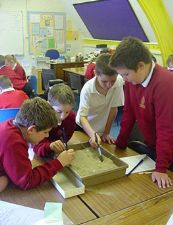 Welcome to the section for teaching history at KS2 where you will find masses of advice on how to make history both fun and satisfyingly challenging. You will be helped to design and plan an exciting primary history curriculum and taking into account the difficult areas of assessment and progression and mindful of the new focus on curriculum within OFSTED’s framework.
Welcome to the section for teaching history at KS2 where you will find masses of advice on how to make history both fun and satisfyingly challenging. You will be helped to design and plan an exciting primary history curriculum and taking into account the difficult areas of assessment and progression and mindful of the new focus on curriculum within OFSTED’s framework.